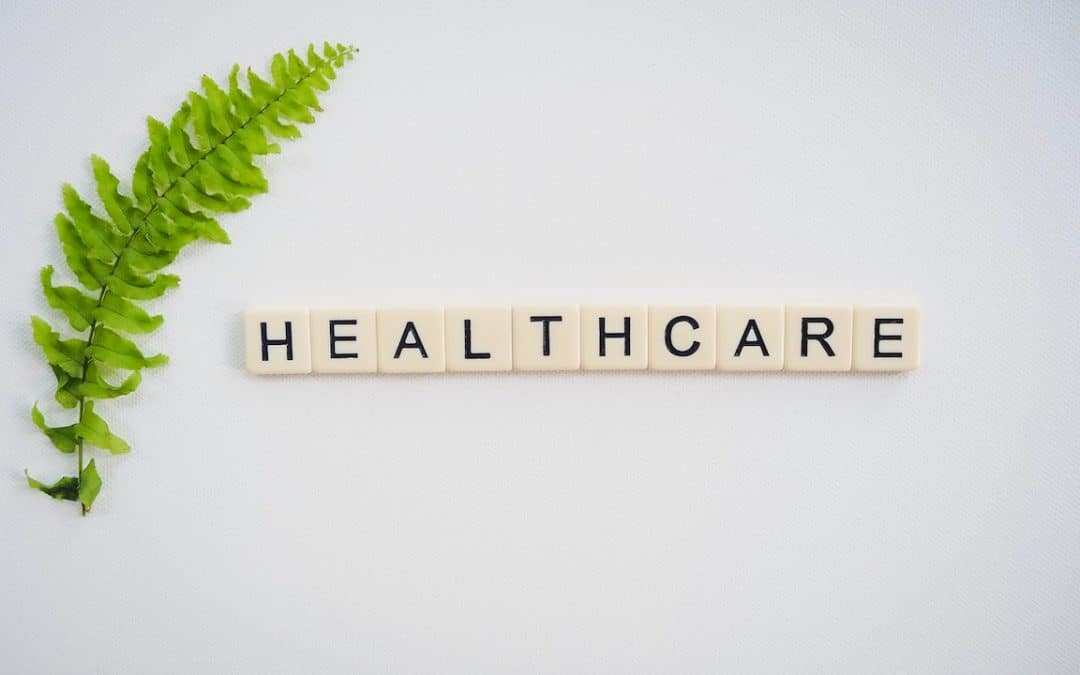Healthcare can be expensive, that’s certainly not an industry secret. What you may not know is that there are ways for you to minimize the impact that healthcare expenses have on your life and your livelihood. Let’s take a look at some ways to make getting treatment hurt your wallet a little less.
1. Prevention
There’s an old saying that “an ounce of prevention is worth a pound of cure”, and it couldn’t be more accurate when it comes to saving money on healthcare. Think about it.
Which is going to cost you more, treatment for cancer that was just diagnosed as stage 4 because you skipped your annual visit a few too many times, or simply paying your copays and going to the doctor on a regular basis?
Sure, accidents can and DO happen, but getting a basic check-up each year can vastly improve your chances of catching any potential issue in the early stages where treatment can be much less expensive and diseases can be much more manageable.

2. Networks
Networks aren’t just something you can find your favorite TV show on. Think of them like a road map for insurance companies. If you stay within a specific area or see a certain group of doctors, then your insurance will cover a larger portion of the bill. The same applies to pharmacies.
Most insurance companies are contracted with specific pharmacies, and this can make any prescriptions you may need cheaper if you use one in-network for you. While you may have a preference for one provider or pharmacy over another, it’s generally more budget-friendly to work with in-network facilities.

3. Wellness Programs and Self Care
The idea of wellness programs and self-care sort of piggybacks off of prevention in healthcare but actually takes it a step further. Wellness programs are a perk of some jobs or professions and provide you with regular checks of some basic health care.
For example, many employers offer quarterly blood pressure and cholesterol checks for either a reduced or free cost. Other employers take it a step further and sponsor free registration for 5k runs, weight loss programs, or even discounts at a local gym. All of these bonuses can lighten your expenses when it comes to healthcare and keeps you in shape enough to avoid larger health issues down the road. In terms of self-care, things like hydrating, exercising, and focusing on stress relief can have a major positive impact on your health overall.

4. Medicare
Medicare, at its basic level, is a type of insurance. You typically need to be set up with a secondary plan, and like all other insurance, Medicare has rules they follow for what gets paid for.
The guidelines can vary, but typically you need to be above a certain age or have a type of disability. Regardless, it’s worth getting medicare quotes in Minnesota (or whatever state you live in) to help you get the most out of your insurance plans.

5. HSA or Sinking Funds
HSA, or health savings accounts, are very similar to a sinking fund. Perhaps you have experience with neither. A sinking fund is something like a Christmas account. You take the total amount of money you will need for the year and divide it out amongst 12 months or your biweekly paychecks.
Whatever time interval you decide, you transfer money from your main account into a savings account. An HSA is similar but is done through your insurance plan at work and the money is deducted directly from your check tax-free. Then, you typically submit receipts for things like copays or medications, and you are reimbursed from your HSA funds.
You can also sometimes opt for an HSA card that has a set amount of money loaded on that you can swipe at the doctor’s office for example. Either way, they are a great way to help plan and save for health expenses you know are coming, and they do so in the most cost-effective way.

Conclusion
As you can see, health care may be intimidating, but it does not necessarily have to define your life. There are several ways that you can minimize your expenses in regards to this and help make the idea of getting treatment a little more tolerable.

